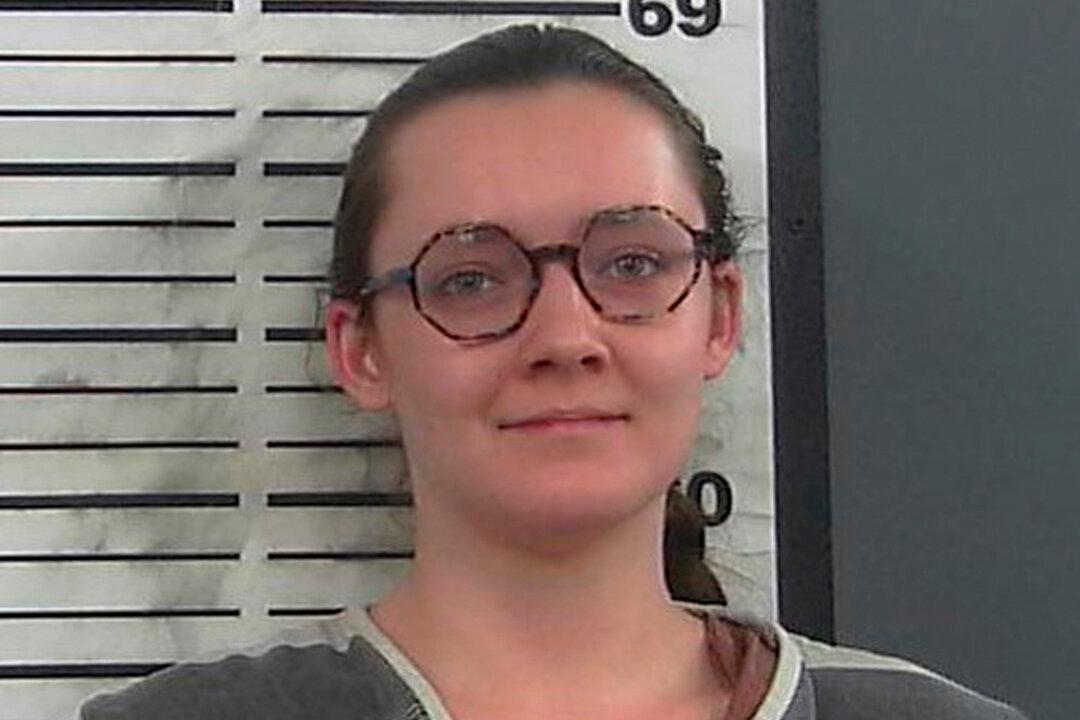A Wyoming woman who set fire to a brand new abortion clinic in Casper that would also offer “gender-affirming care” will be sentenced on Thursday, facing up to 20 years in prison.
At a hearing in July, Lorna Roxanne Green admitted to federal arson, expressed regret, and told U.S. District Judge Alan Johnson that she “knew right after” that it was wrong.





